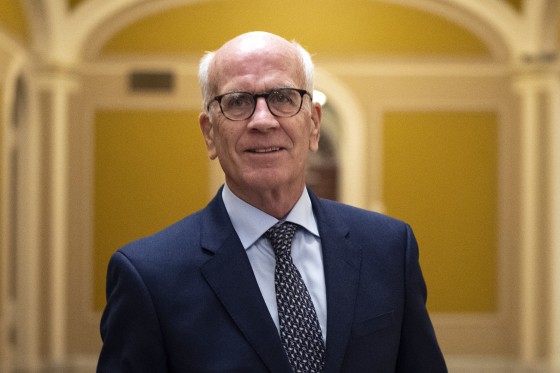Senate Bill Aims to Enhance Transparency in Generative AI Training
A new bill in the Senate is set to tackle the growing issue of generative AI development, offering artists and other creators a way to discover if their copyrighted work has been used without permission to train AI models. Known as the Transparency and Responsibility for Artificial Intelligence Networks (TRAIN) Act, this legislation aims to provide a much-needed solution to concerns about intellectual property rights in the AI space.
Strengthening Copyright Holders’ Rights
The TRAIN Act would allow copyright holders to subpoena AI companies for their training data if they believe their work has been used without consent. AI developers would be required to provide sufficient information to confirm whether a creator’s work was used in training models.
If a company refuses to comply with such requests, the bill establishes a legal presumption that the copyrighted work was indeed used. This provision could significantly aid creators in protecting their work from unauthorized exploitation.
Fighting for Fair Compensation
The bill was introduced by Senator Peter Welch (D-Vt.), who emphasized the importance of transparency as AI technologies continue to grow. Welch argued that if a creator’s work is used to train AI, they should have the right to know and be compensated.
“This is about fairness,” Welch said. “Creators should be able to verify if their work is being used, and they should be compensated if it is.” His bill reflects a broader push to protect human creators in an age where AI is becoming a pervasive part of everyday life.
Growing Concerns Over AI’s Impact
Generative AI tools, capable of creating text, images, and music, have sparked significant anxiety among artists and creators. Many fear that AI companies are using their work without permission, leading to lost credit and revenue.
Earlier this year, a viral document revealed that AI art generator Midjourney had used thousands of artists’ creations without their consent, raising alarms within the creative community. In response, over 36,000 professionals, including actors, musicians, and writers, have signed an open letter demanding an end to unauthorized AI training on human-created content.
Legal Battles in the AI Arena
As artists continue to push for stronger protections, other industries have followed suit. Major news organizations, such as The New York Times and The Wall Street Journal, have filed lawsuits against AI developers like OpenAI and Perplexity AI, accusing them of using copyrighted content without permission.
In the music industry, large record labels have also taken legal action. Universal Music Group and Sony Music Group have filed lawsuits alleging that AI companies used their extensive libraries of music to train AI models without approval. These cases highlight the critical importance of copyright protection in the AI era.
The Struggle for Comprehensive AI Regulation
Despite the growing use of generative AI, no comprehensive federal law currently regulates AI development. While several states have enacted laws to address AI-related concerns, such as protecting actors from unauthorized use of their digital likenesses, broader legislation remains elusive.
Two related bills—NO FAKES and AI CONSENT—have been introduced in Congress. The NO FAKES Act seeks to protect against nonconsensual digital replicas, while the AI CONSENT Act would require platforms to obtain consent before using personal data for AI training. Both bills have yet to be voted on, underscoring the slow pace of federal action.
Widespread Support for the TRAIN Act
The TRAIN Act has earned support from key organizations such as SAG-AFTRA, the American Federation of Musicians, and the Recording Academy. Major music labels, including Warner Music Group and Universal Music Group, have also endorsed the bill.
However, with Congress focused on urgent matters like preventing a government shutdown, the likelihood of passing the TRAIN Act this session is slim. Senator Welch plans to reintroduce the bill when the new Congress convenes in January 2025.


Comments are closed.